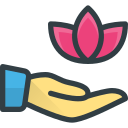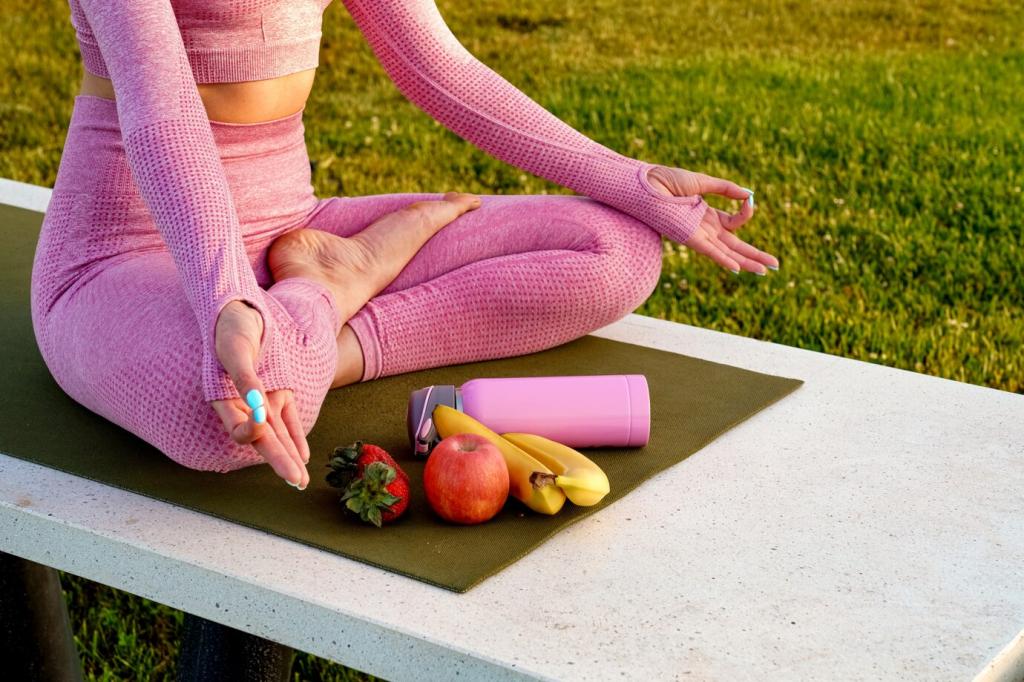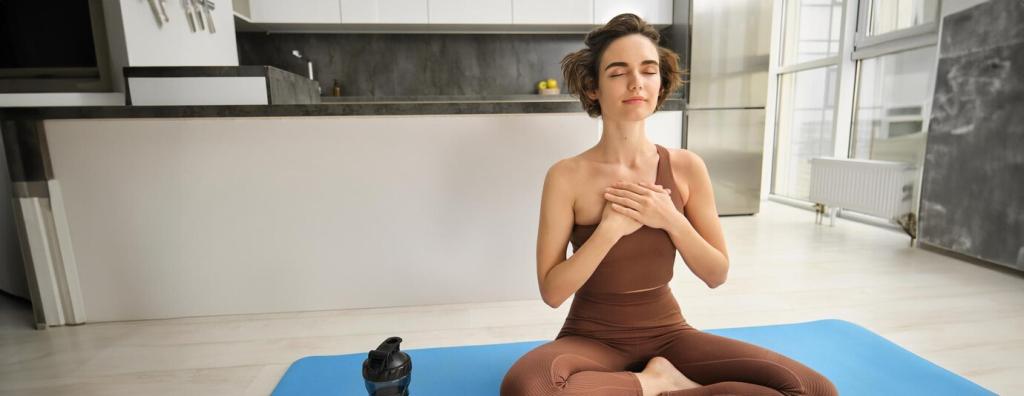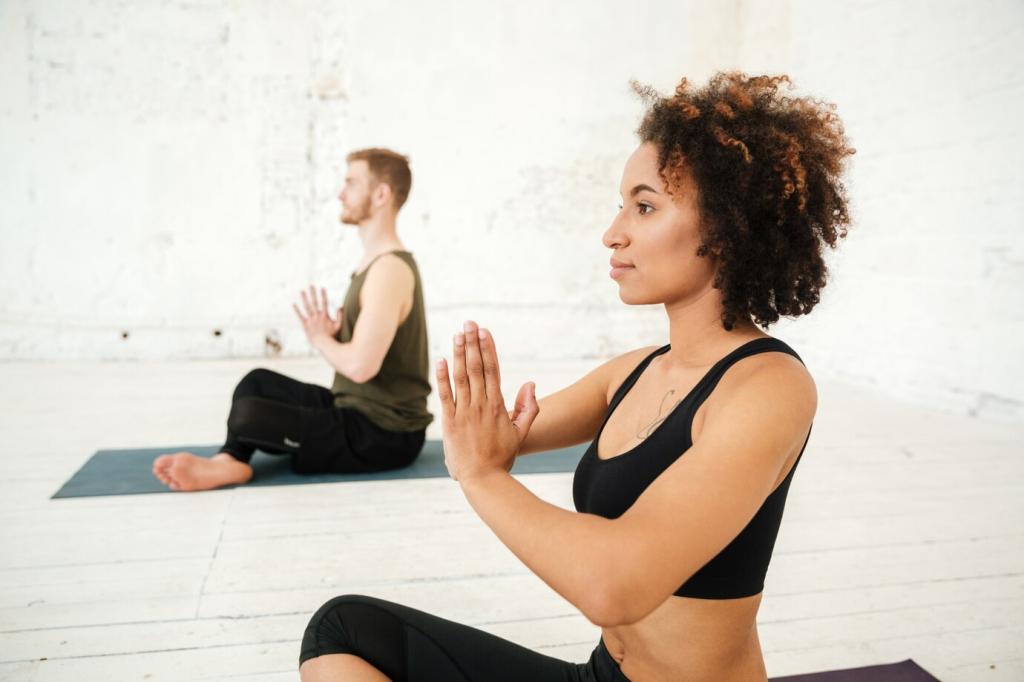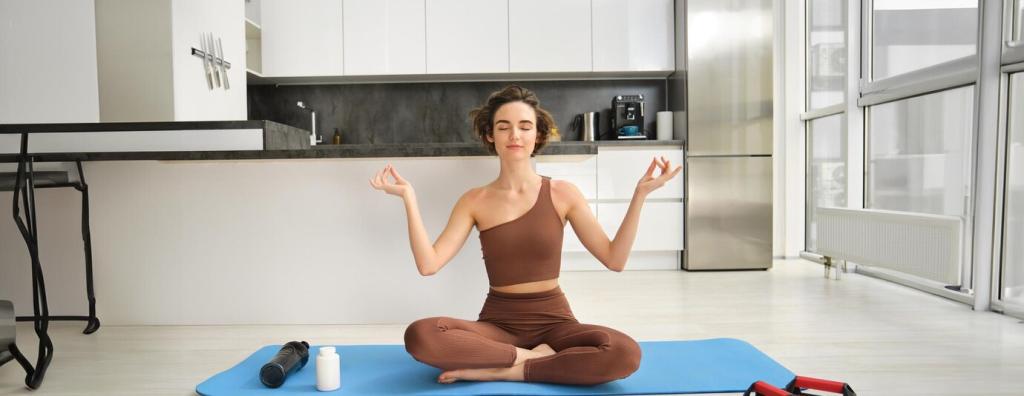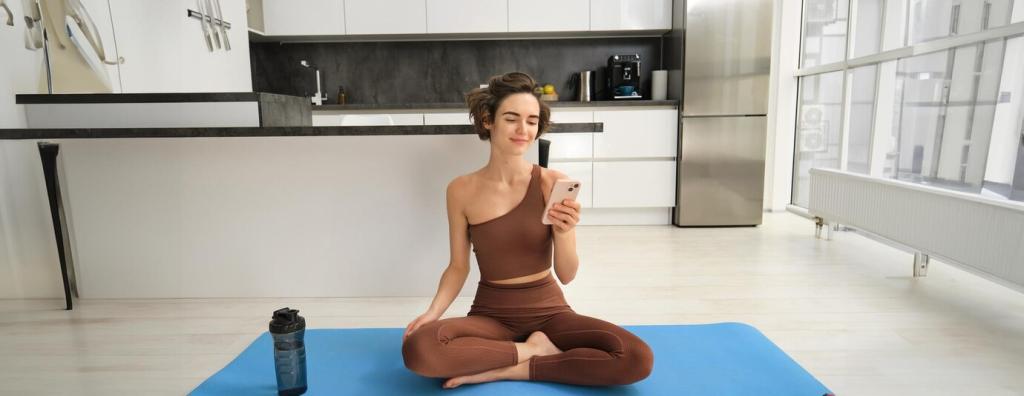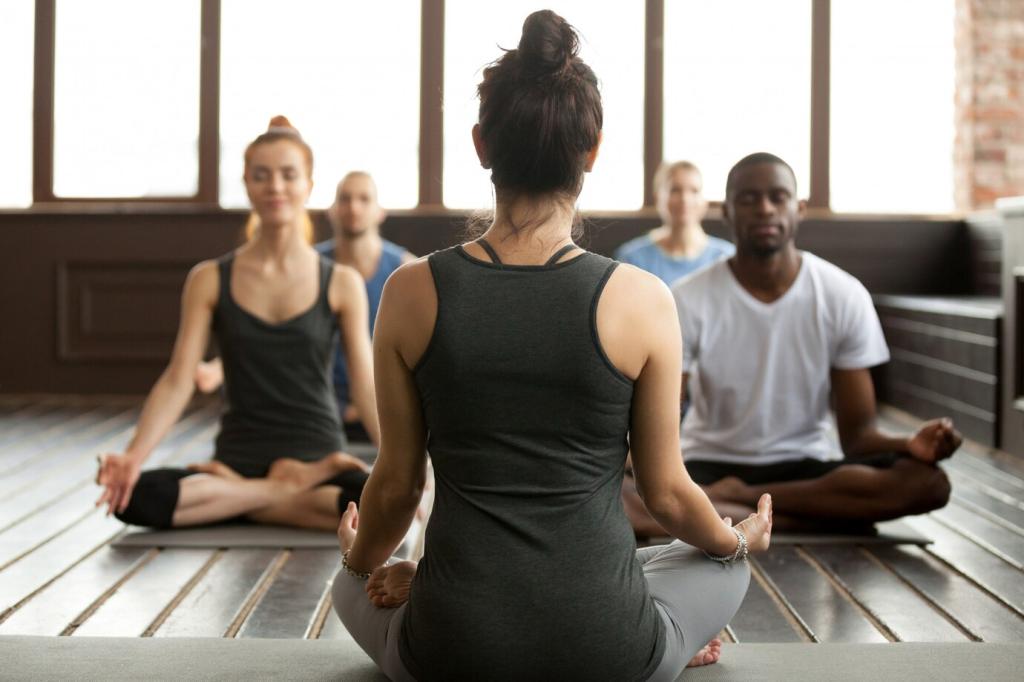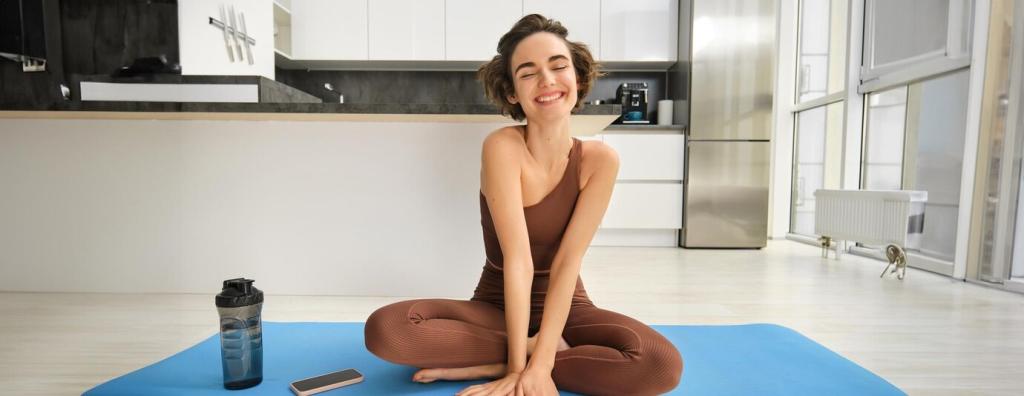Micro-Practices You Can Do Anywhere
Place forearms on a doorway, step forward, and breathe into your chest. Keep ribs soft and neck long. Name one feeling you sense—openness, relief, or tenderness—and carry that word into your next task.
Micro-Practices You Can Do Anywhere
While waiting, ground your feet, soften knees, lengthen spine, and broaden collarbones. Breathe down into your heels. Let your gaze go kind. Post a note about how this posture shifted your mood in line.
